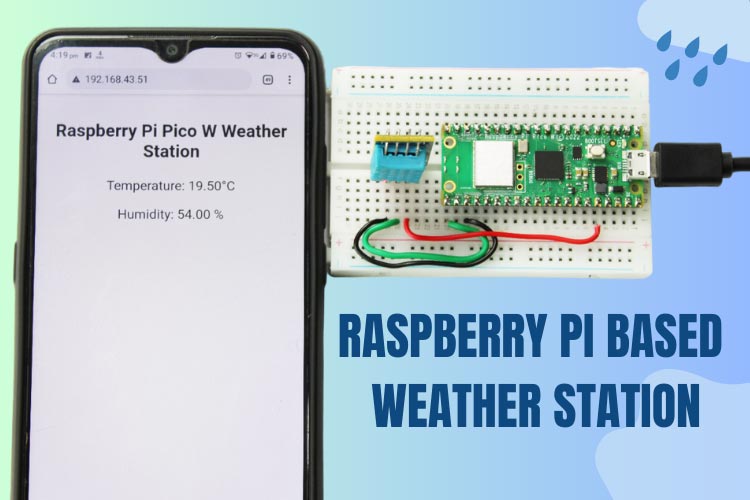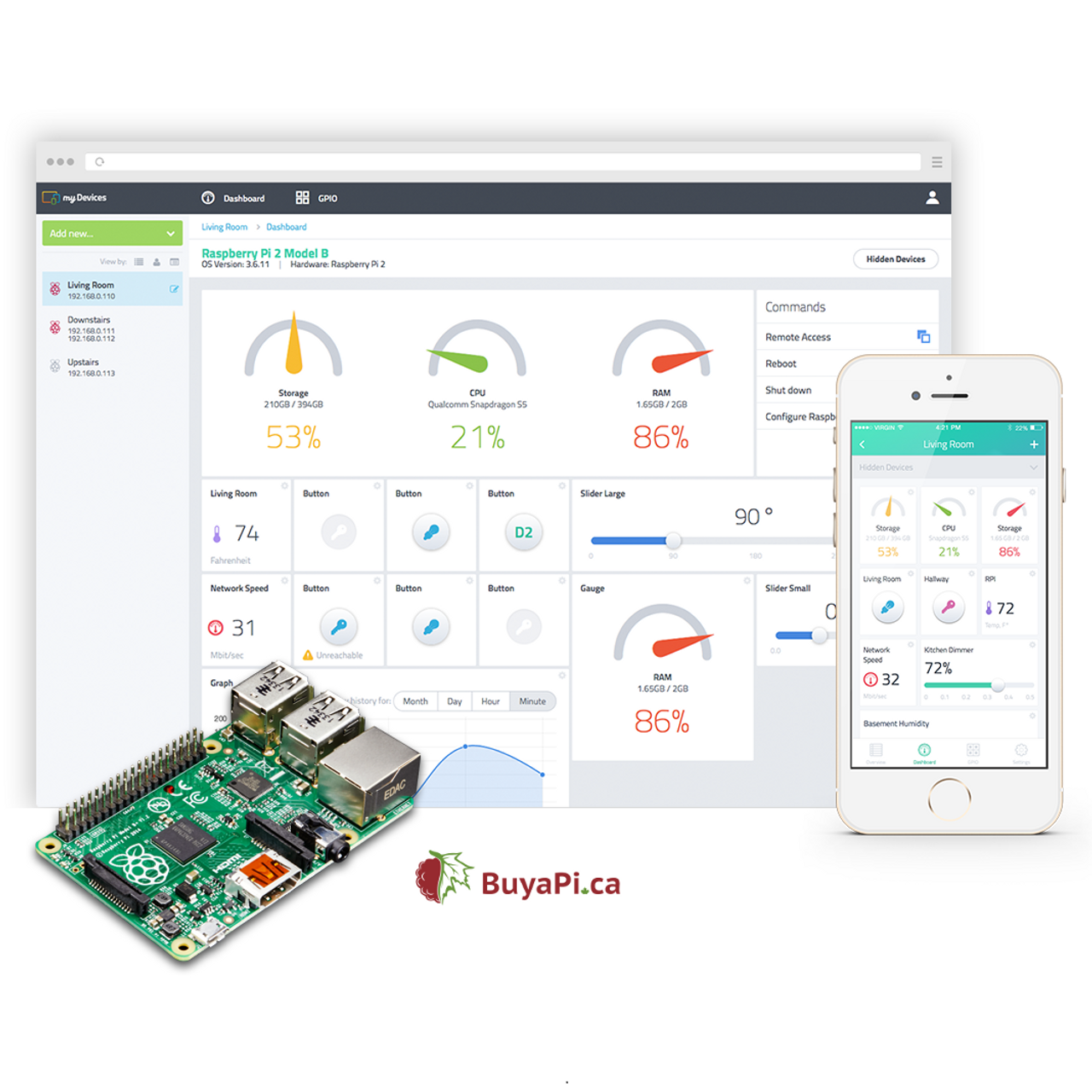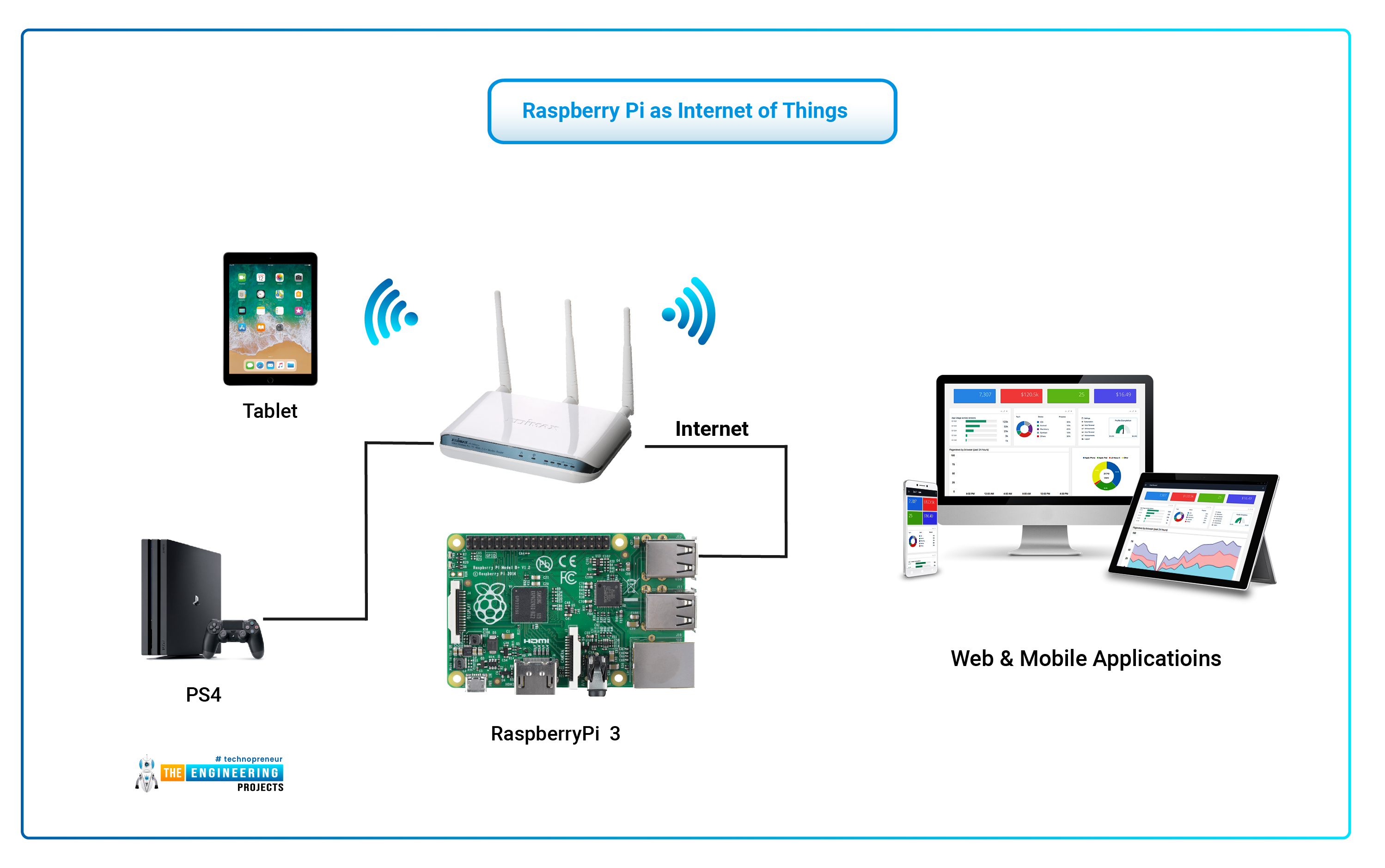Imagine this: You're sitting on your couch, sipping coffee, and suddenly you realize you left the lights on at your office. With the best SSH IoT platform for Raspberry Pi, you can control your smart devices from anywhere. The Raspberry Pi has become a go-to solution for DIY enthusiasts and tech-savvy individuals looking to create their own IoT ecosystems. In this guide, we'll explore the top platforms that make this possible.
When it comes to building an IoT system, having the right tools is crucial. The Raspberry Pi, with its versatility and affordability, stands out as a powerful device for managing IoT projects. But what makes one SSH IoT platform better than another? We'll dive into the specifics so you can choose the best option for your needs.
Whether you're a beginner or an experienced developer, this guide will walk you through the best SSH IoT platforms for Raspberry Pi, complete with real-world examples, comparisons, and expert tips. Let's get started!
Read also:Aagmal Bond The Ultimate Guide To Unlocking Its Secrets
Here's a quick overview of what we'll cover:
- What is an SSH IoT Platform?
- Why Raspberry Pi is Perfect for IoT Projects
- Top 10 Best SSH IoT Platforms for Raspberry Pi
- How to Choose the Right Platform
- Setting Up Your First IoT Project
- Security Best Practices
- Real-World Applications
- Cost Considerations
- Future Trends in IoT
- Conclusion and Final Tips
What is an SSH IoT Platform?
Before we jump into the best SSH IoT platforms for Raspberry Pi, let's break down what an SSH IoT platform actually is. SSH, or Secure Shell, is a network protocol that allows secure communication between devices over an unsecured network. An IoT platform, on the other hand, is a software solution that enables the management, monitoring, and control of IoT devices.
When you combine SSH with an IoT platform, you get a powerful toolset for managing your smart devices securely. This setup is especially useful for Raspberry Pi users who want to build their own IoT networks without compromising on security.
Here are some key benefits of using an SSH IoT platform:
- Remote access to your devices
- Enhanced security through encrypted connections
- Easy device management and automation
- Scalability for growing IoT networks
Why Raspberry Pi is Perfect for IoT Projects
The Raspberry Pi is a tiny computer that packs a big punch. It's affordable, versatile, and compatible with a wide range of software and hardware. Here's why it's the perfect choice for your IoT projects:
First off, the Raspberry Pi is super easy to set up. Even if you're new to coding or electronics, you can get started in no time. Plus, its large community of users means there's always someone around to help you out if you run into trouble.
Read also:Bollyflix Site Your Ultimate Destination For Bollywood Entertainment
Another big plus is its compatibility with various operating systems and programming languages. Whether you're using Python, Node.js, or C++, the Raspberry Pi has got you covered. And let's not forget its GPIO pins, which make it easy to connect sensors, actuators, and other peripherals.
Top 10 Best SSH IoT Platforms for Raspberry Pi
Now that you know why the Raspberry Pi is ideal for IoT projects, let's take a look at the top SSH IoT platforms you can use with it. Each platform has its own strengths, so it's important to choose one that aligns with your goals and skill level.
1. Node-RED
Node-RED is a popular open-source platform for wiring together hardware devices, APIs, and online services. It's perfect for beginners because it uses a visual flow-based programming interface. You don't need to write a single line of code to create complex IoT systems.
2. Home Assistant
Home Assistant is an open-source home automation platform that lets you control all your smart devices from one place. It supports SSH connections and integrates seamlessly with the Raspberry Pi. Plus, it's highly customizable, so you can tailor it to your exact needs.
3. OpenHAB
OpenHAB is another open-source platform that focuses on interoperability. It supports over 300 binding plugins, making it compatible with a wide range of devices. If you're looking for a platform that can grow with your IoT network, OpenHAB is a great choice.
4. Mosquitto
Mosquitto is an MQTT broker that allows devices to communicate with each other using the MQTT protocol. It's lightweight, fast, and reliable, making it perfect for resource-constrained devices like the Raspberry Pi. If you're building an IoT project that requires real-time data exchange, Mosquitto is worth considering.
5. ThingsBoard
ThingsBoard is a feature-rich IoT platform that offers device management, data visualization, and rule engine capabilities. It's designed for both small-scale and enterprise-level IoT projects, so it's a great option if you're planning to scale your network.
6. Cayenne
Cayenne is a cloud-based IoT platform that provides an easy-to-use interface for building and managing IoT projects. It supports SSH connections and offers a wide range of widgets for visualizing data. If you want to get up and running quickly, Cayenne is a solid choice.
7. Eclipse IoT
Eclipse IoT is an open-source project that provides a suite of tools for building IoT solutions. It includes components for device management, data analytics, and security. If you're a developer who wants to build a custom IoT platform, Eclipse IoT is worth exploring.
8. IoT.js
IoT.js is a lightweight JavaScript runtime that allows you to run JavaScript code on resource-constrained devices. It's perfect for building IoT applications that require minimal resources. If you're familiar with JavaScript, IoT.js could be a great fit for your project.
9. Z-Wave
Z-Wave is a wireless communication protocol designed specifically for home automation. It offers low power consumption and reliable communication, making it ideal for battery-powered devices. If you're building a smart home system, Z-Wave is worth considering.
10. Zigbee
Zigbee is another wireless communication protocol that's popular in the IoT space. It's known for its low power consumption and mesh networking capabilities. If you're looking for a platform that can handle large-scale IoT networks, Zigbee is a great option.
How to Choose the Right Platform
With so many SSH IoT platforms available, how do you choose the right one for your Raspberry Pi project? Here are a few factors to consider:
- Ease of use: If you're new to IoT, you'll want a platform that's easy to learn and use.
- Compatibility: Make sure the platform supports the devices and protocols you plan to use.
- Scalability: Choose a platform that can grow with your IoT network as you add more devices.
- Community support: A large and active community can be invaluable when troubleshooting issues.
- Cost: Some platforms are free, while others require a subscription. Consider your budget when making a decision.
Setting Up Your First IoT Project
Ready to get started with your first IoT project? Here's a step-by-step guide to setting up your Raspberry Pi with an SSH IoT platform:
- Install the latest version of Raspberry Pi OS on your device.
- Enable SSH by creating a file named "ssh" in the boot partition.
- Connect your Raspberry Pi to your Wi-Fi network or Ethernet cable.
- Install your chosen IoT platform using the official documentation.
- Configure the platform to work with your devices and sensors.
- Test your setup by sending and receiving data between devices.
Security Best Practices
Security is a top priority when it comes to IoT projects. Here are some best practices to keep your Raspberry Pi and IoT devices safe:
- Use strong passwords and change them regularly.
- Enable two-factor authentication whenever possible.
- Keep your software and firmware up to date.
- Use a firewall to protect your network from unauthorized access.
- Encrypt sensitive data using SSL/TLS protocols.
Real-World Applications
The possibilities with SSH IoT platforms and Raspberry Pi are endless. Here are a few real-world applications to inspire your next project:
- Smart home automation: Control lights, thermostats, and security systems from your smartphone.
- Environmental monitoring: Use sensors to track temperature, humidity, and air quality.
- Smart agriculture: Monitor soil moisture and automate irrigation systems.
- Industrial IoT: Monitor machinery performance and predict maintenance needs.
Cost Considerations
While the Raspberry Pi itself is relatively inexpensive, there are other costs to consider when building an IoT project. Here are a few to keep in mind:
- Platform subscription fees: Some IoT platforms require a monthly or yearly subscription.
- Hardware costs: Sensors, actuators, and other peripherals can add up quickly.
- Cloud storage: If you plan to store data in the cloud, you may incur additional costs.
- Energy consumption: Powering your devices can add to your electricity bill.
Future Trends in IoT
The IoT space is evolving rapidly, and new trends are emerging all the time. Here are a few to watch out for:
- Edge computing: Processing data closer to the source to reduce latency.
- AI integration: Using artificial intelligence to analyze and act on IoT data.
- 5G connectivity: Faster and more reliable networks for IoT devices.
- Sustainability: Designing IoT systems that are energy-efficient and environmentally friendly.
Conclusion and Final Tips
In conclusion, the best SSH IoT platform for Raspberry Pi depends on your specific needs and goals. Whether you're building a smart home system or a large-scale industrial IoT network, there's a platform out there that can help you achieve success.
Remember to prioritize security, choose the right tools for your project, and stay up to date with the latest trends in the IoT space. And most importantly, have fun experimenting and learning!
Now it's your turn. Which SSH IoT platform are you most excited to try? Leave a comment below and let us know. And don't forget to share this article with your fellow IoT enthusiasts!



